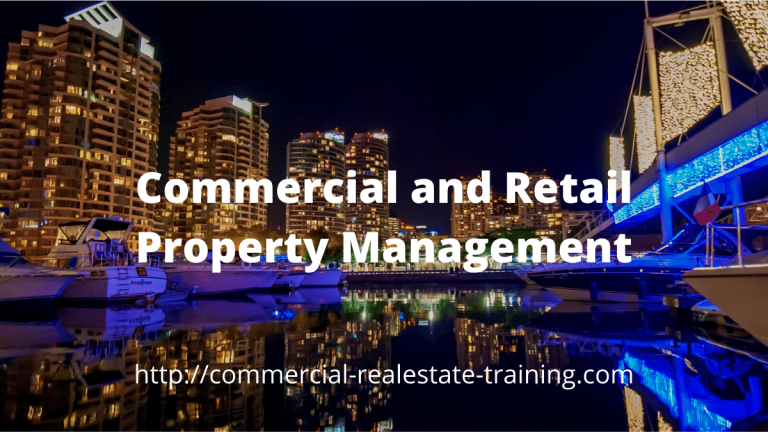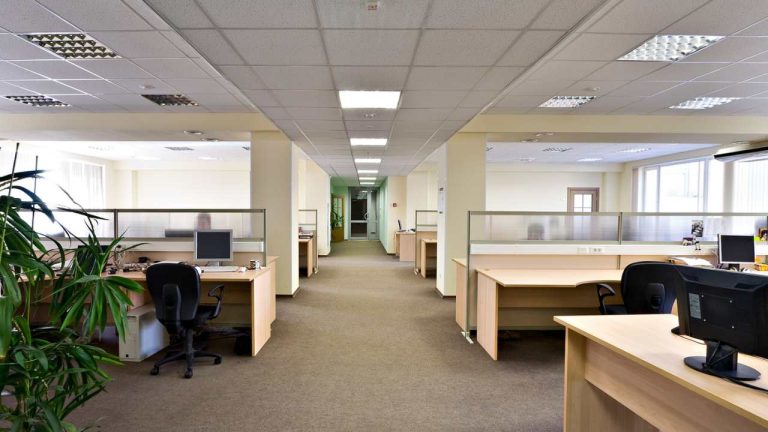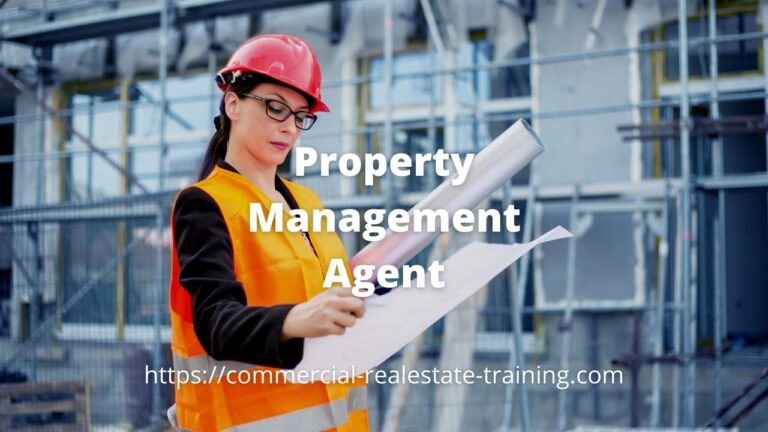The 6 Basic Principles of Commercial Property Management
The commercial property management process can be quite special in many different ways. It takes time to learn the correct skills and gain the right levels of knowledge. The work processes in property management are quite different than that of sales or leasing; a special person is required that brings a different skill mix to the job.
Ideally a good commercial or retail property manager should have reasonable skill levels including:
- Time management
- Computer skills
- Legal documentation
- Negotiation
- Marketing
- Financial controls
- Client relations
- Property knowledge
If you are to take up a career in commercial or retail property management then it is wise to fully assess your market and the property types on which you will be working. In saying that it is a matter of building your skills and staying very organised in the process. Any large or quality property will present you with complexities to be managed and optimized.
How Do You Learn Commercial Property Management?
The learning curve can be shortened when you work under the guidance of another skilled property manager who is prepared to teach and share their skills. It can take about 2 years to learn the basics of the industry; from that point onward you will still learn and grow with the property types and investment strategies of landlords. It is a changing industry.
Not all properties and landlords are the same; different challenges will arise needing understanding and strategy.
Here are the 6 main factors of control and focus in what we do as specialists in the industry:
- Rental – The rents between properties will vary from net to gross and face to effective. Understanding the reasons for each and setting the right market rents for the lease situation is what it is all about. The landlord will have targets of investment that should be incorporated into all lease negotiations and tenant placement.
- Lease – A good lease will help improve the landlords financial and investment result. Generic leases are a waste of time, so special leases prepared by legal professionals work much better in most cases. Most landlords need help with understanding the right terms and conditions for their property type and tenants. That is where the property manager can help out. Learn as much as you can about the legalities and conditions of leasing premises within property types. Within the lease, you will also have factors that are quite special such as critical dates, and unique terms and conditions for the tenant and landlord relationship. Track those things directly and stay ahead of issues needing attention.
- Tenant Occupancy – Tenants will come and go from a property for many different reasons; that can then leave a hole in rental returns and outgoings recovery. Every good quality property should be the subject of a business plan to match the requirements of the landlord. From that point, decisions can be made in tenant placement, lease negotiation, and rental. That then helps you remove or lessen the impact of vacancies in the property.
- Tenant Mix – In a property with multiple tenants, the proximity and location of tenants should be part of a plan. What you are trying to do here is avoid conflict in permitted use and threaten the stability of the tenants business. The tenant mix and the strategies behind it are centred on one main thing; that is to strengthen property performance for all concerned. Understand the property, the tenants, and the customers so that the mix supports the performance of the asset.
- Maintenance – Spending money on maintenance in a property is an easy thing to do. As the property ages, expenses evolve in maintenance; some are expected whilst others are not planned. You will need a good maintenance budget to support your financial decisions and underpin the net income for the property. Every property managed should be maintained with due regard for building, energy, and safety codes.
- Risk – Some properties have greater levels of risk; that can be in issues such as vacancies, lease expires, market rental, movement of tenants, building condition, maintenance, and property function or age. It pays to do a risk assessment across every managed property every 6 months. Manage the risk factors with due regard for personal safety, building codes, and income performance. Somewhere in those 3 elements will be an equation that works for the landlord.
The commercial or retail property management process doesn’t need to be complex. A focus on these 6 elements will help you maintain control of the property for the longer term.





